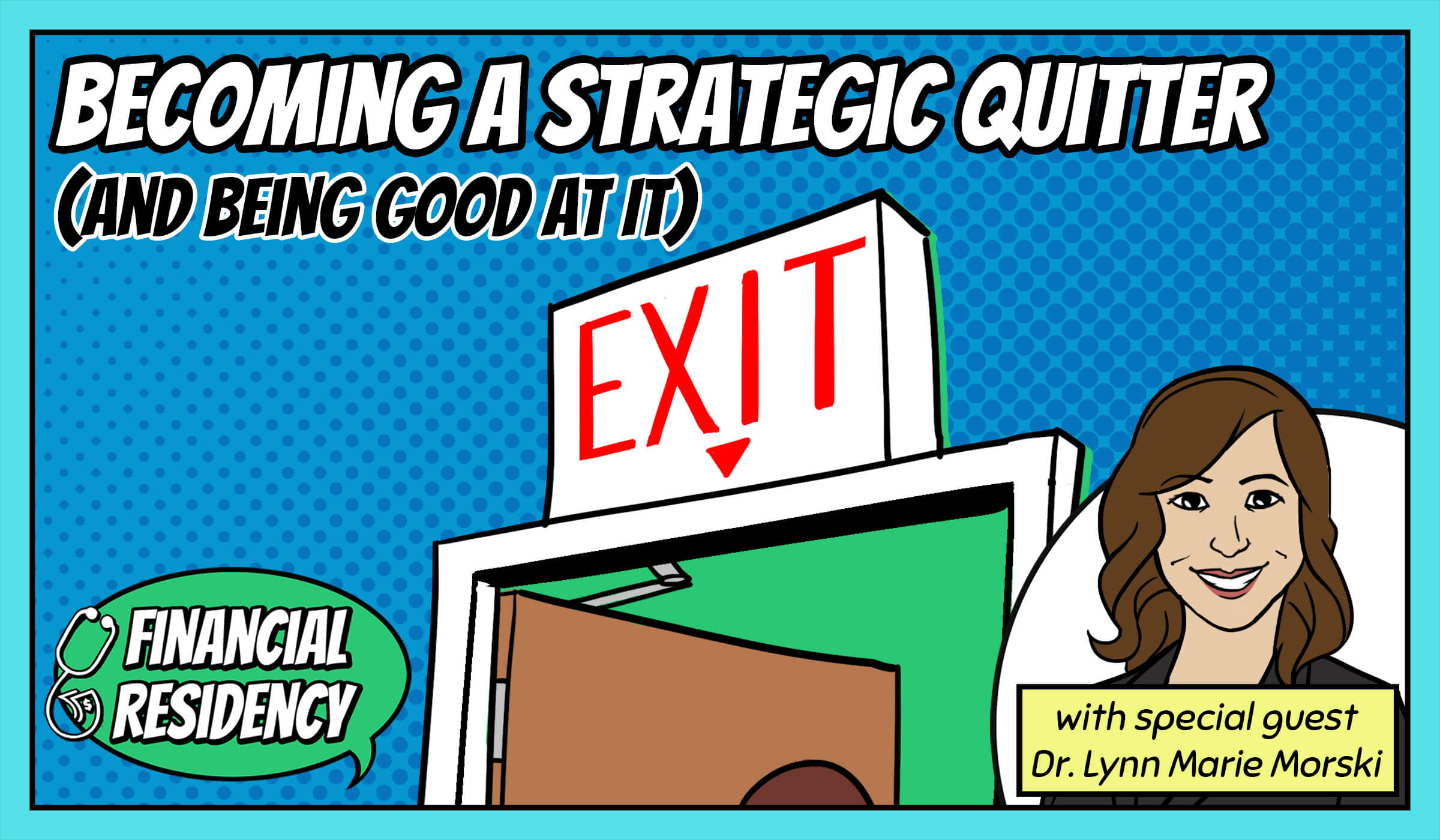You may have been taught from a young age that you’re not supposed to talk about your finances in polite company, yet it’s probably what you think about most often in your daily life.
Our financial habits hold great significance in our lives; our relationships are often complex and unique.
Various factors influence our career aspirations, spending habits, and success saving, especially our upbringing and personal values. The high financial stakes can make discussing money, even privately or with a loved one, emotionally charged and difficult to navigate.
Keep reading to learn how to take control of your finances and transform your relationship with money, so you can develop a healthy relationship that allows you to meet your financial goals.
Understanding Your Relationship with Money
Everyone has a unique and complex relationship with money. It’s important to recognize that our relationship with money exists on a spectrum, with financial insecurity at both ends.
Some individuals may be frugal and cautious about their limited resources, while others may display irresponsible spending habits.
Understanding these factors can help shed light on our financial behaviors and patterns.
Factors that Influence Your Relationship with Money
The messages and lessons we receive about money during childhood play a significant role in how we approach finances as adults.
For example, if your caregivers taught you to be frugal and save money, you may prioritize saving over spending. On the other hand, if you grew up in an environment where your caregiver used money to enjoy life and experiences, you may lean towards a more indulgent approach to money.
Social media, career, and mental health can also shape your money habits. These outside forces often directly correlate to your ability to support your financial health.
Your values also come into play as you navigate your priorities and beliefs about how you intend to use your hard-earned money.
For instance, someone who values education highly may prioritize saving for their child’s college tuition above all else. While someone else may give their funds to charitable causes first and foremost. These values and beliefs shape our financial decisions and guide our financial behavior.
If you’re a first-generation physician, you may be earning more money than you’ve ever seen in your life. As a high-earner, you have an added responsibility to manage your income well.
How Your Financial Style Develops
Our relationship with money starts developing from a young age and is influenced by the messages we receive throughout our lives. From childhood to adulthood, we are bombarded with messages about money, explicitly and implicitly.
These messages can come from our parents, family, friends, media, and society. Interestingly, even individuals raised in the same household may have different views and attitudes towards money.
Our financial style, which encompasses how we think, feel, and act in relation to money, isn’t permanent. As such, it can change over time or due to life circumstances. Significant life events or changes can profoundly impact our relationship with money.
For example, a near-death experience might lead someone to reevaluate their priorities and adopt a more spontaneous and experiential approach to finances. Similarly, becoming a parent could inspire a newfound focus on saving for the future.
Life Events that Impact Your Relationship with Money
Life changes and transitions can significantly impact our relationship with money. These events can alter our financial mindset and behavior, prompting us to reevaluate our financial priorities and goals. Here are a few examples:
- Career changes: Switching jobs or experiencing a career setback can cause financial uncertainty and necessitate a reevaluation of our financial goals and strategies.
- Health issues: Coping with health challenges can lead to unexpected medical expenses and changes in our financial outlook.
- Relationship changes: Going through a divorce, getting married, or entering a long-term committed relationship can make significant financial adjustments and require clear communication and joint financial planning.
- Milestones and achievements: Reaching important milestones, such as buying a home or starting a business, can reshape our financial perspective and necessitate new financial strategies.
It’s crucial to recognize that these life events and changes can profoundly impact our relationship with money. We can proactively adapt and make informed financial decisions by understanding how these events influence our financial mindset.
Remember, your relationship with money is unique to you, and your upbringing, values, and life experiences shape it. By examining these factors and knowing how they influence your financial behavior, you can gain insight into your financial style and work towards cultivating a healthier and more fulfilling relationship with money.
The Dimensions of Money
Money plays a significant role in our lives, and our relationships can be complex. Understanding the dimensions of money can help us gain insight into how we acquire, spend, and manage our finances.
Each dimension represents a different aspect of our relationship with money, shedding light on our behaviors and attitudes. Let’s explore these dimensions in more detail.
Dimension of Acquisition
The dimension of acquisition focuses on how we perceive the acquisition of money and our sense of financial security. Some believe money is the source of all evil, while others strive to accumulate as much wealth as possible. Some view money as relatively insignificant.
For some, acquiring money becomes so important that they may resort to bending or breaking the rules to gain financial gain. Even individuals with considerable means can fall into the trap of thinking they need more money. Reflect on your attitudes towards acquiring money and consider how they shape your financial decisions.
Dimension of Spending
Once we’ve acquired money, we face how we spend it. Stories abound of individuals who live frugally, accumulating substantial savings, only to leave this wealth untouched upon their passing. Conversely, we often hear of high-earning individuals who squander their fortunes and end up with nothing.
The dimension of spending explores our attitudes and behaviors regarding money expenditure. Most of us are reasonably careful and intentional with our spending, but there may be occasional periods of impulsive or excessive spending. Reflect on your spending habits and consider the balance between savings and enjoying the fruits of your labor.
Dimension of Management
The dimension of management delves into how we handle and manage our money. Just as each person has their unique approach to acquiring and spending, money management is highly individualistic. Some individuals excel at money management, meticulously budgeting, and investing, while others struggle to keep their finances in order.
Consider how you approach managing your finances. Are you organized and proactive in planning for the future, or do you face financial disarray?
Reflect on your money management skills and consider improving your financial organization and decision-making, such as creating a savings or spending plan.
How to Transform Your Relationship with Money
Transforming your relationship with money is essential to your financial well-being and personal growth. Your relationship with money goes beyond mere transactions – it encompasses your thoughts, emotions, and behaviors towards money.
By understanding your current relationship, setting goals and intentions, and taking proactive steps, you can establish a healthy and empowering relationship with money. Let’s delve into the key strategies to transform your relationship with money.
1. Recognize the Importance of a Healthy Money Relationship
A healthy relationship with money profoundly impacts various aspects of your life. It influences your career choices, spending habits, and overall financial well-being.
Building a healthy money relationship allows you to make informed decisions, reduce stress, and cultivate financial freedom. Understanding how money works and utilizing it to support your long-term goals and well-being is crucial.
2. Understand the Traits of an Unhealthy Money Relationship
Before transforming your relationship with money, you must be aware of the signs of a poor relationship with money.
Some common traits of an unhealthy relationship with money include:
- Impulse shopping
- Accruing credit card debt
- Avoiding financial management
- Avoiding discussions about money or seeking financial support
- Displaying resentment towards financially secure individuals
- Fear of spending money even on essential needs
An unhealthy money relationship can lead to stress, financial struggles, and strained relationships.
3. Reflect on Your Current Money Relationship
Start by reflecting on your beliefs, thoughts, and behaviors regarding money.
Consider your upbringing, societal influences, and past experiences with money. Identify any limiting beliefs or negative emotions associated with money. If you repeatedly find yourself blocked, consider reaching out to a financial coach or therapist for support.
You may be able to access one-on-one care but don’t discount newsletters, self-help books, or podcasts. Often subscribers receive invaluable insight and support that can significantly change their money mindset.
This self-awareness will provide a foundation for transforming your relationship with money.
4. Set Clear Goals and Intentions
Define your financial goals and intentions to guide your journey towards a healthy money relationship. Determine what you want to achieve financially and how you want money to impact your life positively. Whether you’re saving for a vacation, trying to pay off debt, or launching a business, setting concrete goals will provide direction and motivation.
5. Educate Yourself about Personal Finance
Expand your financial knowledge by reading books, following reputable financial blogs, or attending workshops. Understanding personal finance concepts empowers you to make informed decisions and take control of your financial future.
Learn about budgeting, investing, managing debt, and other key areas of personal finance by digging deeper into our resources.
6. Practice Mindful Spending and Saving
Some people are spenders, and some people are savers. There isn’t inherent virtue to either of these inclinations, but it’s important to know who you are if you want to take control of your current financial situation.
Develop healthy habits around spending and saving. Create a roadmap that aligns with your financial goals and allows you to meet your needs without sacrificing too much of what you enjoy. Practice mindful spending by consciously evaluating your purchases and distinguishing between needs and wants.
Cultivate a habit of saving by automating your savings and setting aside a portion of your income for future goals.
7. Seek Support and Accountability
Building a healthy money relationship can be a transformative journey, but it can also be challenging emotionally. Consider working with a financial coach or joining a community of like-minded individuals striving for financial wellness. Engaging in conversations about money and sharing experiences can provide valuable insights and accountability.
8. Embrace a Growth Mindset
You’ll need to focus on developing a positive relationship with your finances to cultivate a healthy money mindset.
Approach your money journey with a growth mindset, understanding that transformation takes time and effort. Embrace challenges as opportunities for growth and learning. Celebrate your progress, no matter how small, and stay committed to nurturing a healthy relationship with money.
By implementing these strategies and committing to your personal growth, you can transform your relationship with money and unlock a future of financial well-being and abundance.
Remember, your relationship with money is unique, and everyone’s journey is different. Be patient, stay focused, and trust your ability to create positive change.
Final Thoughts
Understanding your relationship with money is essential for achieving financial stability and success. This complex relationship is shaped by your upbringing, values, and personal experiences. It can also evolve and change over time due to significant life events.
Developing a financial style involves evaluating the three dimensions of money: acquisition, spending, and management. Reflect on your beliefs and behaviors in each dimension to identify areas for improvement.
Consider the dimension of acquisition, where you determine how much money you need to feel secure. Strive for a healthy balance between financial security and avoiding the extreme pursuit of wealth.
Evaluate your spending habits in the dimension of spending. Aim to be intentional and responsible with your money, avoiding excessive frugality and compulsive spending.
Lastly, focus on the management dimension, recognizing that effective money management is unique to each individual. Develop strategies and practices that align with your financial goals and values.
By understanding and improving your relationship with money, you can build a solid foundation for financial well-being and achieve your short- and long-term financial goals.




